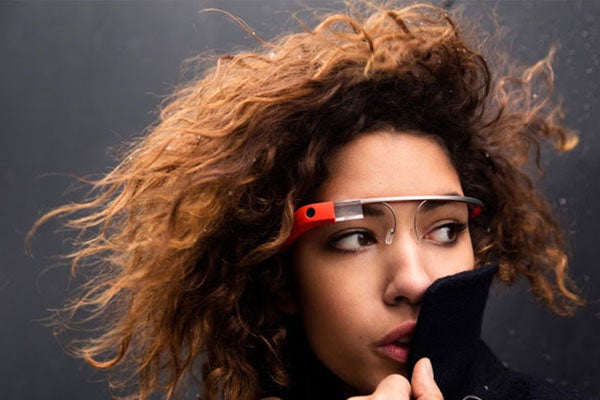Google Glass camera inclusion ‘masks potential’ of the techy eyewear

Google’s decision to incorporate a camera within its Google Glass eyewear could hold the futuristic technology back and ‘mask its potential’, industry experts have suggested.
With the incorporation of an outward-facing camera seeing Google Glass spark continuing privacy debates, the CEO of a parent company behind a new wearable camera has suggested the snapper inclusion ‘masks the potential’ of the techy eyewear.
“
Discussing the smart glasses which will launch in the US later this year before making it to UK shores in 2014, Bolton claimed that the privacy concerns raised by the integrated camera have overshadowed the many highlights posed by the device. Taking much of the public attention away from Glass, he suggested the on-going privacy disputes could harm the gadget’s image.
With the Autographer camera, a wearable snapper with intelligent photo capturing capabilities, also facing similar questions of potential privacy invasion, Bolton stated: “There should always be a concern about privacy with cameras.”
Discussing Google Glass and Autographer, he added: “All the same rules still apply to these devices. In fact the burden of responsibility is greater as people don’t necessary know what the device you are wearing is.”
Google Glass has caused privacy questions to be asked from multiple fronts, with everyone from campaign groups to US Congress discussing the potential invasions.
A recent letter from eight members of the US Congress stated. “As members of the Congressional Bi-Partisan Privacy Caucus, we are curious whether this new technology could infringe on the privacy of the average American.”
These concerns have been echoed by the UK-based ‘Stop The Cyborgs’ campaign group which, in fighting to impose restrictions on Google Glass stated: “We are not calling for a total ban. Rather we want people to actively set social and physical bounds around the use of technologies and not just fatalistically accept the direction technology is heading in.”
They added: “It’s important for society and democracy that people can chat and live without fear that they might end up being published or prosecuted.
“If the government installed CCTV cameras and microphones everywhere, all feeding information to a central control room you would probably characterise it as a privacy risk. Is it any better if it’s run by a corporation and the devices are attached to people’s heads?
Read More: Google Glass – The privacy problem and how to solve it

